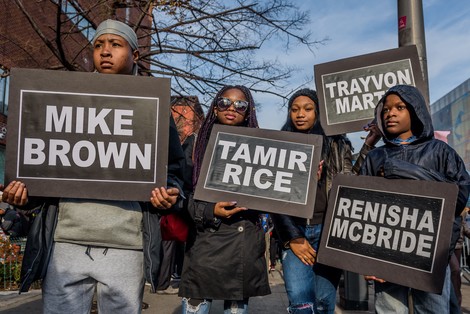Your podcast discovery platform
Curious minds select the most fascinating podcasts from around the world. Discover hand-piqd audio recommendations on your favorite topics.

piqer for: piqd Boom and bust Climate and Environment Global finds Globalization and politics Health and Sanity Technology and society Doing Good Deep Dives
Malia Politzer is the executive editor of piqd.com, and an award-winning long-form journalist based out of Spain. She specializes in reporting on migration, international development, human rights issues and investigative reporting.
Originally from California, she's lived in China, Spain, Mexico and India, and reported from various countries in Africa, Europe and the Middle East. Her primary beats relate to immigration, economics and international development. She has published articles in Huffington Post Highline, The Economist, The Wall Street Journal, Vogue India, Mint, Far Eastern Economic Review, Foreign Policy, Reason Magazine, and the Phoenix New Times. She is also a regular contributor to Devex.
Her Huffington Post Highline series, "The 21st Century Gold Rush" won awards from the National Association of Magazine Editors, Overseas Press Club, and American Society of Newspaper Editors. She's also won multiple awards for feature writing in India and the United States.
Her reporting has been supported by the Pulitzer Center on Crisis Reporting, The Institute For Current World Affairs, and the Global Migration Grant.
Degrees include a BA from Hampshire College and MS from Columbia University Graduate School of Journalism, where was a Stabile Fellow at the Center for Investigative Journalism.
Is America Losing The Real Meaning Of Black History Month?
February is Black History Month in the United States, Canada and the United Kingdom, and Black Appreciation Month in the Netherlands.
Growing up in the United States, I have always known Black History Month as a time to celebrate the achievements, contributions and stories of African Americans—so often unsung and ignored. But this Time article suggests that, in fact, Black History Month (originally created as "Negro History Week" by black historian Carter G. Woodson) to be far more political. He suggested that Woodson saw appreciating the history of a people a necessary prerequisite for the achievement of equality—a goal that, despite civil rights milestones, we continue to fall dreadfully short of in the United States (and arguably in the rest of the world too).
Time commentator Theodore R. Johnson states it succinctly: "We must remember that Black History Month exists to deliver what federal policy has not—the eradication of systemic racism."
This is the story of black America—underappreciated and perpetually experiencing trickle-down citizenship wherein progress only reaches us if the nation’s cup runneth over.
Black History Month was aimed squarely at this harsh truth. It was crafted to compel recognition by a stubborn nation of the inimitable and invaluable role black people have played in the creation and sustainment of the United States. It is 28 days of political strategy to recast depictions of the nation’s black population as inherently and completely American. It is the reframing of the age-old rhetorical questions posed by Sojourner Truth (“Ain’t I a woman?”) and abolitionists (“Am I not a man and a brother?”): Are we not Americans?
During a month where the achievements of African Americans are being recognized and applauded, I thought it worth sharing this thought-provoking piece on the origins of why Black History Month was created the first place. It's given me food for thought, and inspired me to reflect on how much more work there is to be done.
Stay up to date – with a newsletter from your channel on Globalization and politics.
